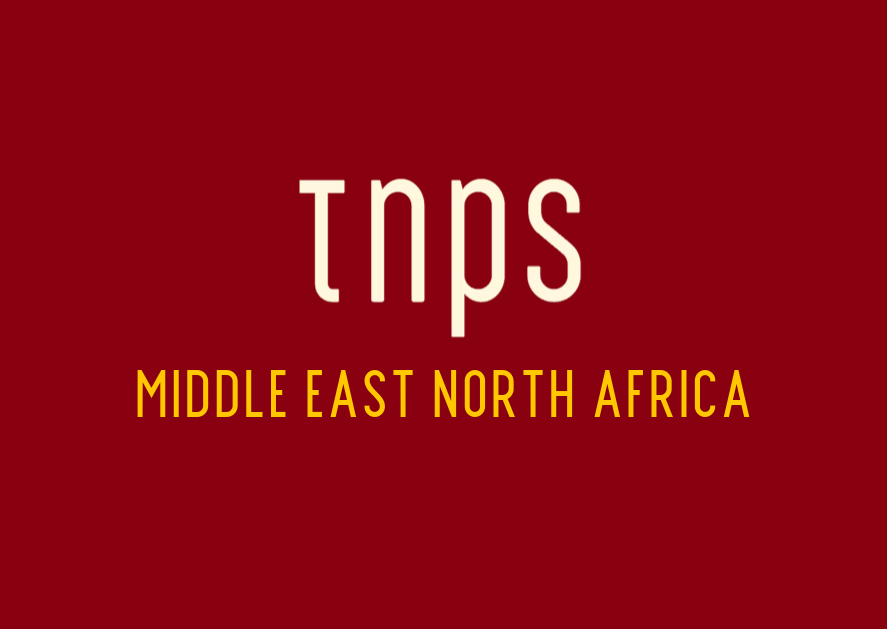When it comes to judging the potential of the so-called nascent book markets, attendance at book fairs and festivals is a good barometer.
First we have to divest ourselves of the idea that national and international book fairs all take the form of the celebrated western book fairs like Frankfurt, London and New York, which are essentially professional industry events rather than consumer-facing, although all are a mixture to a degree.
In the nascent markets the balance is more consumer than professional, although again usually a mix of the two elements, so a direct comparison of visitor numbers at the New York, London or Frankfurt with the numbers at nascent market book fairs and festivals isn’t a fair one.
But what about consumer-facing events in the big western markets?
Last year the UK’s Hay Literary Festival and the USA’s Washington National Book Festival both set new records for attendance. 200,000 attended the Washington event and 273,000 were at the Hay festival.

Compare that to the reported 475,000 that attended the Jeddah International Book Fair in Saudi Arabia over the Christmas and New Year period, where an average of more than 50,000 a day turned out for the second biggest book fair in the Royal Kingdom. The Riyadh International Book Fair later in the year is expected to be even bigger.
So much for the idea that Arabs don’t read.
In fact three of the world’s biggest book fairs happen in the Arab nations.. Sharjah in the UAE and Algiers in Algeria both hosted over 2 million visitors in 2018 (2.2 million at Algiers and 2.23 million at Sharjah) and many other Arab book fairs draw crowds that dwarf the Washington and Hay festival numbers. Casablanca in Morocco attracted 520,000 last year.region. In fact most Arab national book fairs beat the Washington and Hay events by attendance numbers.
As for Cairo in Egypt… In 2018 the Cairo International Book Fair consolidated its long-held claim to be the world’s biggest literary event, with 4.5 million visitors.
While some Arab literary events have been mired in controversy – Kuwait notably – the Saudi event in Jeddah was a shining example of how Arab book fairs can maintain their Middle Eastern mystique and historical traditions while embracing technology, as attested by the 2 million visitors to the Jeddah IBF twitter account.
Sadly the Jeddah International Book Fair once again passed largely unreported in the English-language publishing industry media outside the Royal Kingdom, as have most Arab literary fairs bar Sharjah. helping perpetuate the myth that Arabs don’t read.
With the 2019 Cairo, Casablanca and Baghdad International Book Fairs all looming, when will authors, publishers and the publishing media outside the MENA (Middle East North Africa) wake up and smell the coffee?
The MENA region, long a challenging environment in terms of distribution, is one of the largest regions by internet users, meaning the digital potential to reach book consumers has never been more exciting. Across the Arab nations of the Middle East and North Africa there are almost 400 million people online, yet Apple Books doesn’t even support the Arabic language.
Amazon’s Kindle belatedly does but there are no regional Kindle stores. Kobo does, but Arab readers have to buy from the US store and there is little content available. Only Google Play Books has made any meaningful attempt to engage with the Arab booklovers and even here the effort is half-hearted and limited to the Middle East, with only one North African country, Egypt, sporting Google Play Books.





Thanks, Mark So, for an Indie author looking to sell in this market, would the best route be to sell from your own author site? And how limiting would be the fact a book was only available in English?
Hi Erron.
The easiest route into the Saudi market is Google Play. English language books will sell there, but obviously Arabic titles will do better.
Whether using Google Play or selling from your own site, the key is getting noticed. As for any country, that’s a challenge, and the best way forward is to decide on a target countries you feel the books will most appeal to and then do a slow-grow campaign of engagement by reasearching the prefered social media for the country in question and then searching out author and reader groups and gently easing into them.
Saudi Arabia for example has a population of 33 million and 30 million of those are online so potential ebook buyers.
Here’s how Saudi social media engagement broke down in 2018.
Youtube: 23.61 million users
Facebook: 21.95 million users.
Instagram: 17.96 million users.
Twitter: 17.29 million users.
It’s important to understand that almost no-one in Saudi Arabia will see your regular FB, twitter and other social media unless you make the effort to be seen. In the same way, you will not see anything from Saudi citizens on your timeline unless someone has specifically engaged.